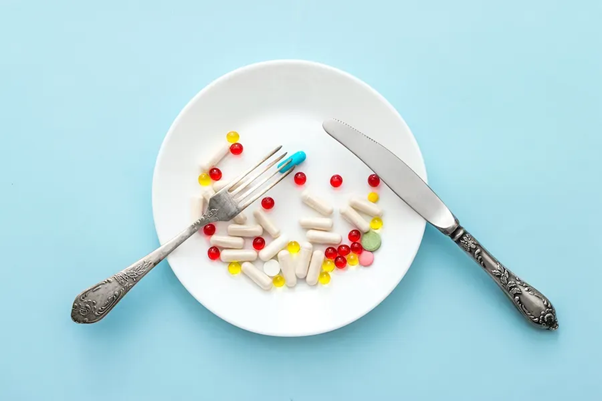The King was observed in hospital after experiencing side effects from his cancer treatment , Buckingham Palace has said. Charles, 76, visited the London Clinic on Thursday morning and was not joined by the Queen during his brief visit. He has now returned home to Clarence House and is said to be in “good form”, but has cancelled his engagements on Friday as a precaution.
The King was diagnosed with an undisclosed form of cancer in February 2024 and returned to public-facing duties in April despite still undergoing weekly treatment. The specifics of the King’s side effects have not been disclosed, but they are understood to be temporary and not uncommon with many medical treatments. A source described it as a “most minor bump in a road that is very much heading in the right direction”.

But what exactly are some of the side effects of cancer treatment? The effects of cancer treatment vary from person to person and also depend on the treatment or drugs a patient is receiving, according to Cancer Research UK. The charity’s guidance says that although many side effects are inconvenient or upsetting, they are not harmful to your health. Some side effects, however, are serious medical conditions and doctors will be able to advise on treatment if required.
Chemotherapy can cause a range of side effects, and they usually start a few days after the treatment begins, according to the NHS. Although most people will experience side effects, it is unlikely they will get all of them. They usually stop after the treatment ends, but in some cases they can last longer, according to the NHS.
Some common side effects listed by the NHS: Radiotherapy is a treatment where radiation is used to kill cancer cells, the NHS says. Some common side effects, according to the NHS: Immunotherapy is a type of treatment that uses the immune system to destroy cancer, Cancer Research UK says. Some common side effects, according to the US National Cancer Institute :.
Health

King Charles in hospital after cancer treatment - but what are the side effects?

The King was diagnosed with an undisclosed form of cancer in February 2024 and returned to public-facing duties in April















